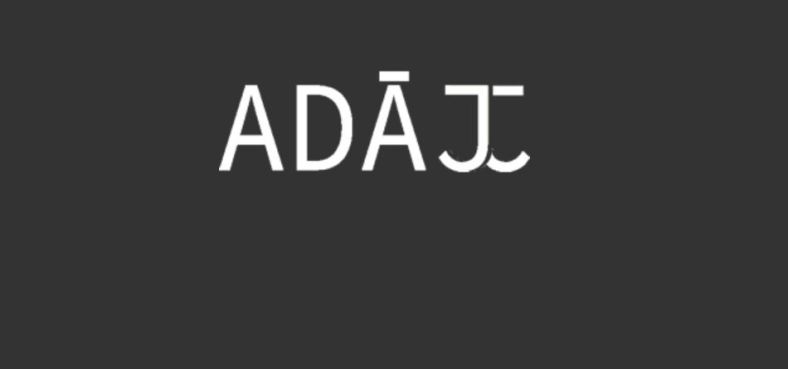ACCESS TO JUSTICE WEEK (October 23 – 27) Ontario
The 2nd annual Access to Justice Week is underway with various events taking place across Ontario. Live streaming and webcast links are available here for some remaining events.
IMMIGRATION LAW: LAW AT THE LIBRARY SERIES (October 28) at 2516 Alta Vista, Ottawa
This event is geared towards new immigrants to Canada and individuals with questions about immigration and visiting Canada. The Immigration Law – Law at the Library Series event will cover information on applying for visas, permanent residency, becoming a Canadian citizen, legal rights and more.
EQUALITY, DIVERSITY AND INCLUSION: INFORMATION SESSION (October 30) at 130 Queen Street West, Toronto
This information session will discuss the strategies that the Law Society of Upper Canada (LSUC) will be putting in place to help address discrimination and racism in the legal profession.
CANFest 2017 (November 1) at 130 Queen Street West, Toronto
This event will provide information on the Coach and Advisor Network (CAN) and offer visitors an opportunity to meet participants in the Coach and Advisor Network.
TAKE OUR KIDS TO WORK AT OSGOODE HALL 2017 (November 1) at 130 Queen Street West, Toronto
The goal of this event is to educate students in Grade 9 about the steps to becoming a legal professional.
#140DOWN – NOW WHAT? THE FUTURE OF LAWYERING IS HERE (November 3) at Fort Garry Place Banquet & Conference, Winnipeg
Innovators, analysts and experts in the legal field will be among the presenters and attendees at the 140th Isaac Pitblado Lecture on the theme of Now What? The Future of Lawyering is Here. More information on this event is available online at http://www.pitbladolectures.com. The program agenda is available online here.
THE ONTARIO AI LEGAL CHALLENGE (November 10)
The initiative aims to engage companies in a challenge to create affordable legal services solutions that incorporate artificial intelligence. The deadline for submissions to the challenge is November 10, 2017, with a top prize of $80,000. In addition to the main prize, the 6 companies that make it to the semi-final round will have access to mentors and other services offered through Ryerson University’s Legal Innovation Zone (LIZ).
MAKE A WILL – LAW AT THE LIBRARY SERIES (November 15) at 2516 Alta Vista, Ottawa
This information session will focus on wills and estates law. Attendees will learn about the importance of having a will, what happens in the absence of a will and the importance of powers of attorney.
17TH ANNUAL FRANCHISE LAW CONFERENCE (November 16) at 20 Toronto Street, Toronto
This Ontario Bar Association event will include two special workshops and several roundtables and will explore trends and developments in franchise law.
LEGAL FUTURES INNOVATION CONFERENCE: CHANGING THE GAME (November 21) at 250 Bishopsgate, London
This conference in London will highlight major changes over the past 10 years that have occurred in law firms, the range of legal and non-legal services offered, technology and the Law and other related topics in the legal field.









